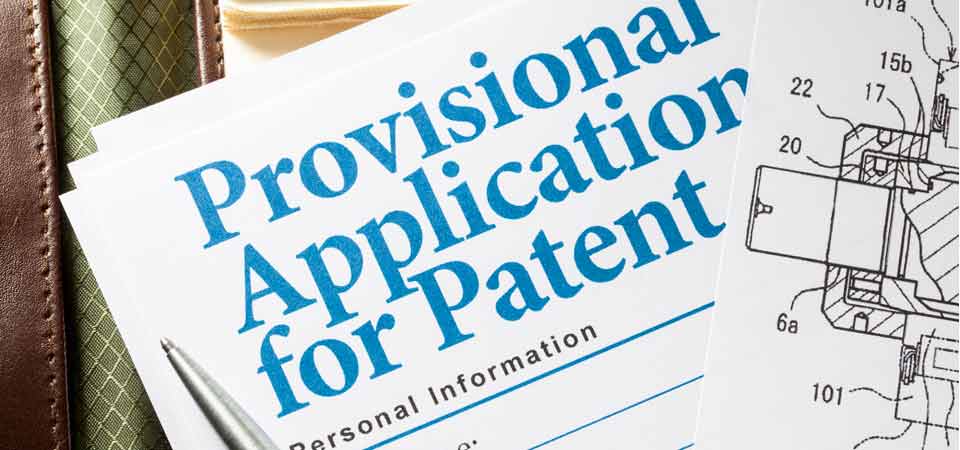
Five reasons why patents are important for startups
Especially in this economy, we continue to hear the same question – “Do I need a patent?”
The answer is straightforward enough. The new US patent laws, practically speaking, are centered around a first-to-file system. If your startup is focused on innovation, below are the Top Five reasons why you should should be filing for patents early and often:
1) Securing Funding. Anytime there is a discussion regarding funding, there is a discussion about protecting the profit expectations of the business. Investors, customers and licensees will ask, “what steps have you taken to protect the rights in your product and services?” or “What is your IP status?” Being able to answer these questions honestly with “Patent Pending,” gives you more time to pitch the idea, explain its merit, and, ultimately, close a deal.
2) Low Cost Investment. A good business plan needs to have a strong IP strategy in order to get a seat at the table. Using a poker analogy, the buy-in to play the game is paid in IP “chips” – patent applications. Under the recent America Invents Act (AIA), obtaining these chips has become easier and less expensive. For example, an entry level provisional application filing fee is $250/125 large/small entity. More importantly, filing a provisional application obtains a strategically important early filing date. Multiple provisional applications can be combined, at the 12 month mark at the earliest, to make high quality non-provisional applications. Bluffing will not work in this game. Don’t be in the position where your competitor asks – “What have you got?” Only to reveal – “I got nothing.”
3) Innovative Identity. How do you want your company to be perceived? What kind of company do you want to be? Successful technology companies have successful IP strategies which often incorporate consistent filings and issuances. Overtime, their IP portfolio strategy becomes a strong part of their public culture and identity. Try making the list of the world’s most innovative companies without obtaining patents. Innovative companies maintain their edge by having clear innovation that rely on a consistent process and a track record of implementation.
4) Generate Revenue. Patent laws (by their nature) discourage inventors from keeping innovation and technology secret and encourage full disclosure. Provisional applications, as well as confidentiality rights, allow inventors to discuss and publish their inventions prior to filing a full utility applicaiton without sacrificing their intellectual property rights. While some of your applications may not make it to issuance, it only takes a few very successful inventions to generate substantial revenue streams.
5) Improved Marketing. Filing an application enables immediate commercial exploitation of inventions. In the case of a provisional application, it establishes a filing date by providing some degree of protection against theft and exploitation of an invention by another. A provisional application also:
- Allows a business to mark its products or services with the phrase “patent pending”,
- Creates an intangible asset for the business – a patent is booked as an asset on the balance sheet that the company can leverage and use for financing (and deduct the cost of developing intangibles like IP, processes, networks, brands, knowledge as expenses on the income statement),
- Buys the business valuable time – for 12 months following the date of filing the business has the benefit of evaluating which innovation is valuable when preparing the non-provisional application, and
- Helps protect against theft and exploitation of an invention by another even if it’s not known whether the innovation will be successful
